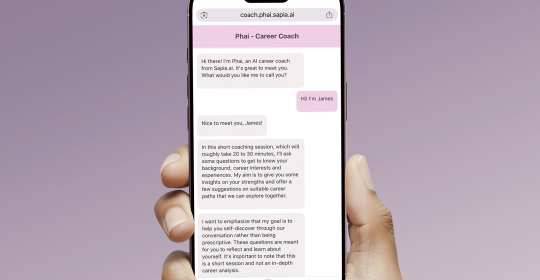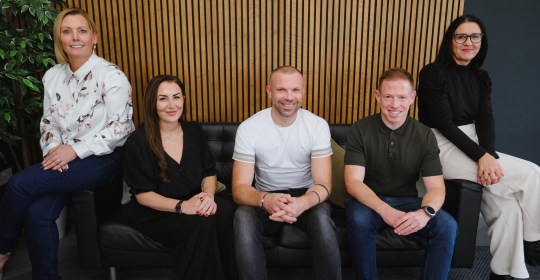- UPPP is an international E&P competition for geoscience and petro-technical students at selected universities
- The top three teams will win a total of 20,000 Euros and will get the opportunity to join MOL Group and start their careers through the "UPPP Technical Placement Program"
- Registration for the UPPP online simulation game will be open from 1st to 23rd October 2014
- In the UK, the contest is open to students at The Institute of Petroleum Engineering (Heriot – Watt University), Robert Gordon University in Aberdeen, The University of Aberdeen and The University of Strathclyde in Glasgow
MOL Group is a leading international oil and gas company headquartered in Budapest. It is launching a new E&P talent acquisition and development program to students and graduates in the fields of geoscience and petroleum engineering. Students at selected universities in 14 countries ranging from the UK and Central Europe through to the Middle East can apply via the UPPP online simulation game from 1st to 23rd October 2014. The top three teams will then get the opportunity to join MOL Group and start their careers through the 18-month “UPPP Technical Placement Program” as well as being in with a chance of winning up to €20,000.
"We are proud of our new UPPP Program, that offers qualified top talent the opportunity to join MOL Group’s Upstream division. UPPP is dedicated to those students who are open to real-life challenges and dare to enter an exciting challenge", said Zdravka Demeter Bubalo, HR Vice President of MOL Group.
There are two rounds to the game and students must be in teams of three to apply. The first round is an online simulation game where participants have to solve industrial and strategic challenges in virtual scenarios. The tasks involve case studies taken from real situations within MOL Group’s E&P portfolio. The second round is the live final.
You can find more information about UPPP as well as the other award-winning talent acquisition programs at www.facebook.com/moluppp or www.uppp.info and www.uppp.info/intro






